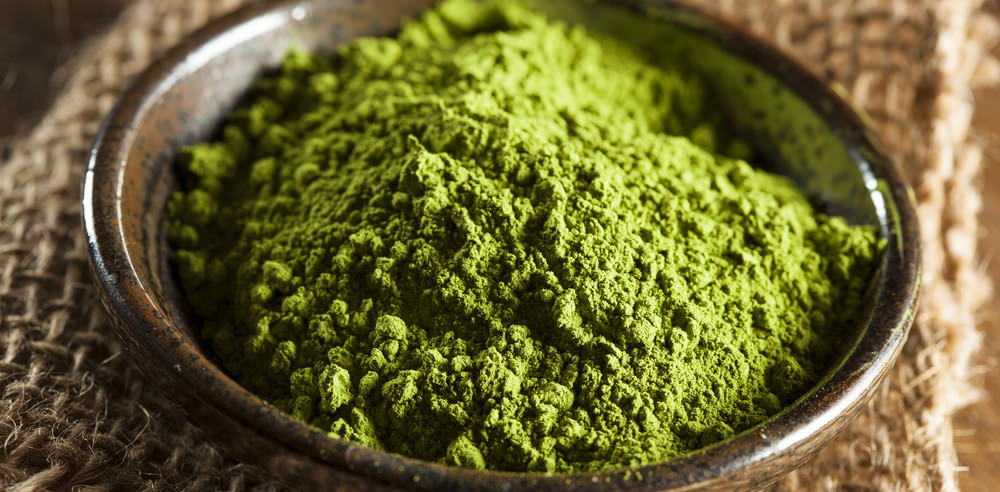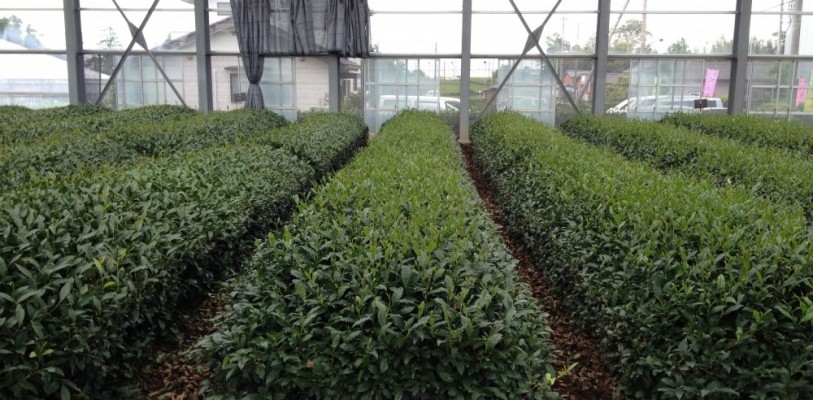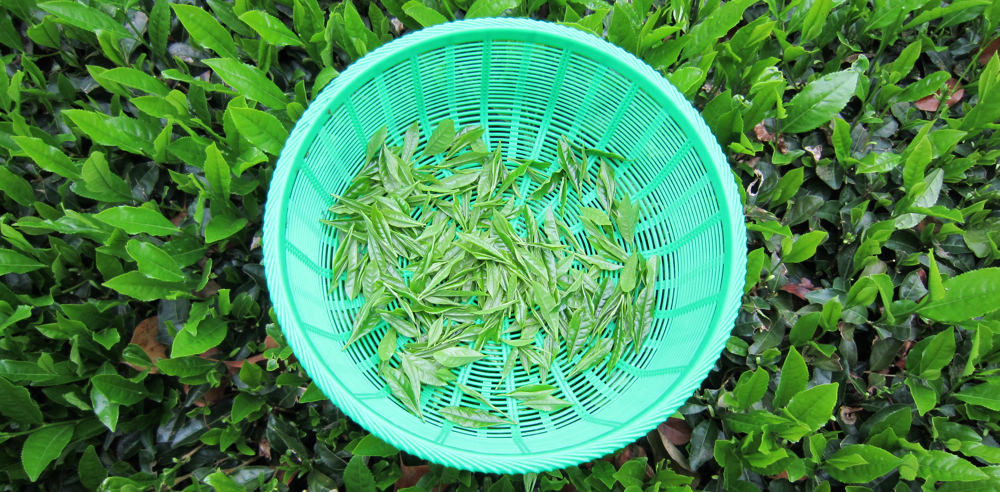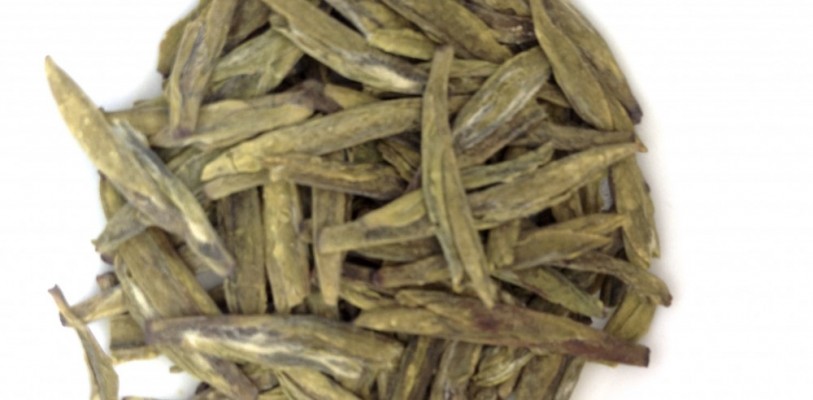
Is organic matcha better than regular, non-organic matcha? Is it worth the extra search and the extra buck? Well this depends on where your matcha originates and your taste preferences.
The concept of organic farming isn’t exactly new, it’s just been re-introduced to us because of the widespread use of pesticides since the 1960’s. The level of toxins in our food is alarming, but should everything be organic?
I personally only eat organic fruits and vegetables. I’m extremely careful about the food I eat and avoid GMO and pesticide laden foods as often as possible. But does this carry over to my matcha?
The answer for me is NO. There are a number of reasons for this, and I will dive into them now.
One of the main reasons I’m not too concerned about the matcha I drink being organic matcha is because I only buy it from Japan. Japan has the most strictly enforced agriculture laws in the world. Their laws on pesticides are checked regularly, and are more strict than those of the European Union and the USA.
Japan has the lowest limit of pesticides in the world, around 1 mg of pesticides per kilogram of tea leaves. The amount of pesticides are so low that it is often difficult to differentiate between organic and non-organic leaves.
Another reason is that organic tea farms in Japan are new and there aren’t that many. The best matcha producers don’t farm their own tea. They buy leaves from different local farmers in the Uji area and then blend the leaves until they create the best product.
So most of the organic matcha in Japan comes from one or two farms, and are processed by the farmers. The end product is usually not as bright of a green and a lot more bitter.
On the other hand, if you are buying matcha from China, or any country other than Japan, I highly recommend you buy organic. Both China and India have been in the news because of high levels of both legal and illegal pesticides in agricultural products.
Another key point to remember is that organic matcha does not mean it is free of heavy metals like lead. Green tea plants absorb a high rate of pollutants from the air, even if they are organic. So if the plant is raised in a highly polluted place, you can be sure it will be high in lead and other heavy metals.


